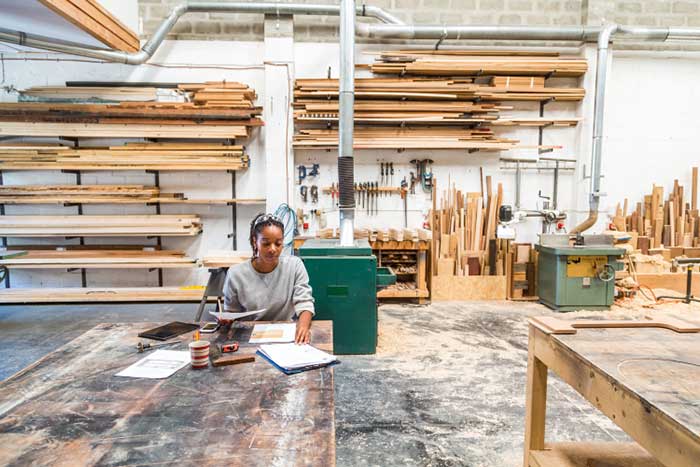Congress should take a page from international development finance and establish a U.S. Development Bank to catalyze private capital to small businesses in key sectors and regions where it is needed most: health care, food systems, even resilience and preparedness. The goal would be to create jobs and economic growth.
The USDB could build on lessons from big international development institutions and use technology to ensure its agility and boost women- and minority-owned businesses.
BY DALE MATHIAS AND AGNES DASEWICZ For Fortune Magazine
Photo: Almost 2,000 women-owned businesses were launched every day in 2019/ALISTAIR BERG—GETTY IMAGES
Small companies are the engine of the U.S. economy. They’ve accounted for nearly half of all output, half of employment, and two-thirds of net new jobs since 2000, and one-third of total imports.
And what powers that engine, increasingly, is diversity. Minority entrepreneurs created 4.7 million jobs in the past decade. Almost 2,000 women-owned businesses were launched every day in 2019. Indeed, since 2007, the number of women-owned businesses surged 58%, while all businesses increased only 12%.
These accomplishments came despite a dire challenge facing many minority and women business owners: access to capital. Traditional sources of financing are elusive for these entrepreneurs, and many had little choice but to “bootstrap” their businesses.
The current economic crisis presents the ideal moment to fix this and boost women- and minority-owned businesses.
The National Bureau of Economic Research has reported that 42% of jobs lost in the current COVID-19–driven downturn in the U.S. are unlikely to come back, and that between February and April, active Black ownership of businesses fell by 41%. Under circumstances this extreme, we can no longer afford to have our small-business sector bypassed by our capital markets, or by the capital sources that are supposed to be providing that financing. Instead, small businesses, especially women- and minority-led ones, should be targeted for significant increases in capital if for no other reason than they’ve proven their capacity to rapidly and efficiently create jobs.
Fortunately, we already have the template for a solution. In 2018 Congress created the U.S. International Development Finance Corp. (DFC), a government entity with a $20 billion balance sheet, to help investors place capital abroad to spur economic growth and create jobs all over the world. Why not deploy the same model to catalyze private investment in our own neighborhoods?



